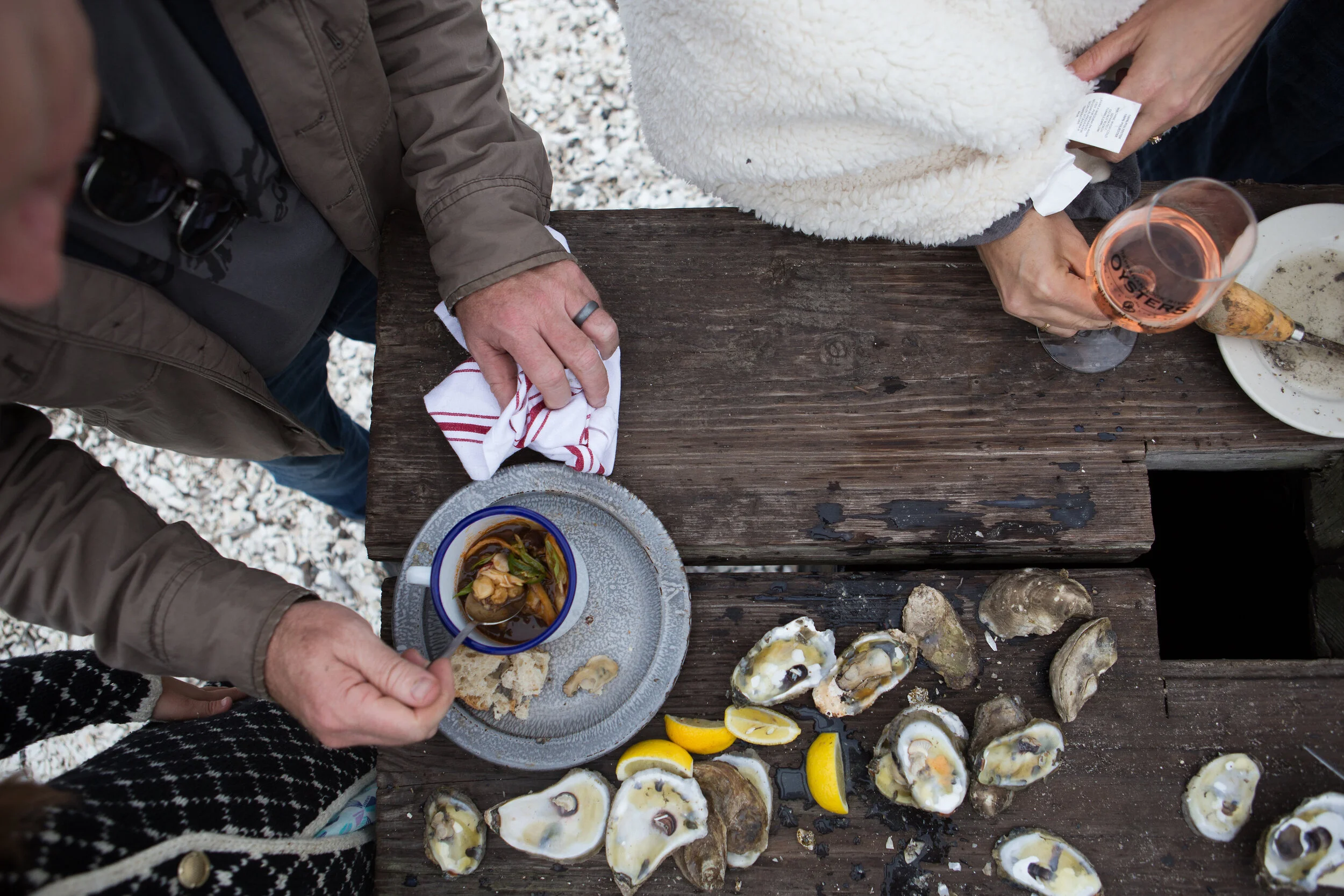DC’s Soupergirl Becomes the First U.S. Packaged Food Product Certified as a “Fair Food”
/The first Fair Food Label product in the US. Photo: Soupergirl
CEO Sara Polon is an early leader behind the movement to source produce from farm workers who are treated humanely—and hopes others will join her
By Susan Able | Edible DC
Tomorrow, June 15, at the Whole Foods Market in Rockville, Soupergirl CEO Sara Polon is handling out samples of gazpachos. And by making a decision about how to source her tomatoes, Polon has also become a leader in the Fair Food Program, new movement has that aims to build a national effort to end migrant-labor abuse.
Soupergirl’s Tomato Gazpacho and Spicy Tomato Gazpacho—are the first packaged food products sold as part of the Fair Food Program. Sara Polon, CEO of Soupergirl will speak at the launch at 1pm, along with representatives from the Coalition of Immokalee Workers (CIW), the worker-based non-profit organization that fights labor abuse on farms.
“We are honored to sell the first packaged products in America that contain only Fair Food tomatoes, ensuring that the farm workers who picked those tomatoes were protected against the inhumane treatment that is so common in agriculture. But we are a small company and hope that we are only the first of many, many firms that commit to source Fair Food and thus advance fair practices and safety for migrant workers on a larger scale”
Soupergirl’s gazpachos will come with a Fair Food label that certifies that the tomatoes used to make them are grown on farms that maintain the highest level of protection for the human rights of the men and women who harvested them. The multi-billion dollar U.S. agricultural industry has very long history of providing poor conditions and little pay for farm workers. An estimated two million workers work in conditions rife with abuse and little oversight of labor law violations.
To earn a Fair Food label, growers need to provide conditions for their workers where they are ensured to be paid for all the hours worked by providing a system of clocking in and out. Workers also are guaranteed humane working conditions such as provided shade, water, bathrooms, and protections from excessive heat, pesticides and other health and safety issues. Even more important, growers earning a Fair Food label have also demonstrated that their operation is free from sexual assault, forced labor and violence.
For the CIW, providing a Fair Food environment allows growers to become receive employers of choice with reduced turnover, prevent risks, improve product health safety, improve their management systems and obtain verification of their ethical labor practices. Produce buyers will have transparency about how what they are buying was grown and be able to share that with consumers, who increasingly want to know the conditions under which their products are grown.
Polon, pictured in the center, traveled to Florida to meet with the CIW to find out more about how she could get involved with the Fair Food Program. Photo: Soupergirl.
Polon urges action. As she describes her involvement in the Fair Food Program on her website, she challenges consumers to take action. “What can you do as a consumer? First, learn about the incredible work that the Fair Food Program is doing, every single day. The FFP has been praised for its unique effectiveness in preventing forced labor, sexual assault, and other horrible violations–by the same law enforcement agencies that prosecute these very offenses. It even received a Presidential Medal from the Obama-Biden administration. Then, speak with your dollars. Look to see if your favorite retailer supports the Fair Food Program. If not, fire up your email and ask them to join. But don’t stop there. Call your favorite salsa company. Demand answers from your juice company. Does your favorite brand claim to have a responsible supply chain? Ask them why they aren’t working with the Fair Food Program. Email them. Write letters. Call. And don’t let up until they commit to doing the right thing for our farm workers.”
Sarah Polon, CEO, Soupergirl
Soupergirl’s Tomato and Spicy Tomato gazpachos are available for delivery, with the purchase of 6 items and will be available at select Whole Foods Markets.
For more information about the Fair Food Program go to the Coalition of Immokolee Workers.






